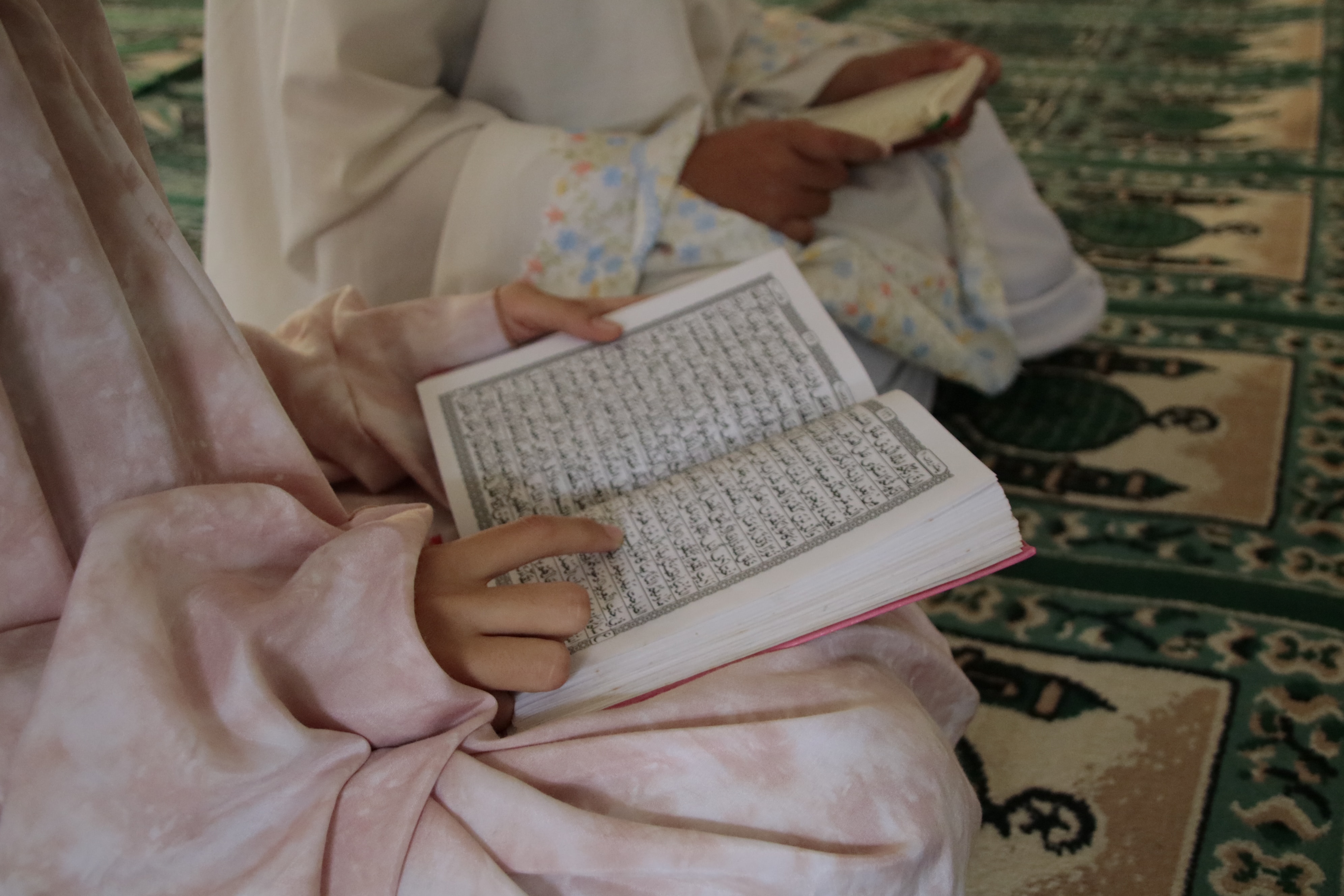Why Muslims Should Read the Quran, 15 Top Benefits of Quran
Why Muslims Should Read the Quran: A Source of Healing and Mercy
Introduction-Why Muslims Should Read the Quran
Holy Quran, the holy scripture of Islam, is not merely a collection of verses; it is a divine guide that offers solace, guidance, and profound healing to believers. The notion of Holy Quran being sent down as a source of mercy and healing is not only a theological concept but also a reality that impacts the lives of countless Muslims around the world. In this article, we will delve into the reasons why Muslims should read the Quran, exploring how its verses provide healing and serve as a source of divine mercy that extends to all aspects of life.
Why Muslims Should Read the Quran, Quran Sent Down as Healing & Mercy for Entire Mankind
The Quranic teachings carry immense wisdom and guidance that are relevant across time and space. By engaging with Holy Quran, Muslims can experience its profound impact on their lives and well-being. Here’s why every Muslim should read the Quran:
1. Spiritual Connection and Nourishment
Quranic teachings foster a deep spiritual connection, nourishing soul and providing a sense of purpose and tranquility. Reading and reflecting on its verses allow Muslims to connect with Allah and draw closer to their Creator, seeking solace and comfort in times of difficulty.
2. Guidance for Life’s Challenges
Life is replete with challenges and uncertainties. The Quran serves as a comprehensive guide offering guidance on navigating life’s trials and tribulations. Its verses provide insight into ethical conduct, decision-making, and resilience, enabling Muslims to face challenges with faith and courage.
3. Source of Wisdom and Knowledge
Holy Quran is a repository of divine wisdom and knowledge that transcends human understanding. By engaging with its verses, Muslims gain access to insights that illuminate their understanding of the world and their purpose within it. Holy Quran encourages continuous learning and intellectual growth.
4. A Remedy for Spiritual Ailments
The Quranic verses are not merely words; they possess the power to heal spiritual ailments such as anxiety, despair, and uncertainty. Recitation of specific verses, like Ayat al-Kursi, is believed to provide protection and comfort, promoting emotional well-being.
5. Source of Hope and Optimism
In times of despair, Holy Quran offers a beacon of hope and optimism. Its verses remind believers that Allah’s mercy is limitless, and divine assistance is always at hand for those who seek it. Reading the Quran renews faith and kindles optimism even in the face of adversity.
6. Promoting Inner Peace
Qur’an is a source of inner peace and tranquility. Its teachings encourage believers to surrender their worries to Allah, trusting in His divine plan. This surrender fosters a sense of peace that transcends external circumstances.
7. Insights into Well-Being
The Quranic teachings encompass guidelines for maintaining physical, mental, and emotional well-being. Guidance on dietary habits, hygiene, and self-care aligns with modern notions of holistic health, reinforcing the Quran’s relevance in contemporary life.
8. Strengthening of Faith
Regular engagement with Holy Quran strengthens faith and conviction. It reaffirms the beliefs of Muslims and reinforces their commitment to practicing Islam in all aspects of life.
9. Nurturing Strong Character
The Quran emphasizes qualities such as patience, gratitude, and compassion. By studying and embodying these virtues, Muslims cultivate a strong and virtuous character that positively impacts their relationships and interactions with others.
10. Reflection and Self-Discovery
Quran encourages believers to engage in introspection and self-discovery, prompting them to reflect on their actions and intentions. This self-awareness leads to personal growth and a deeper understanding of one’s strengths and weaknesses.
11. Connection to Community
Engaging with Quran fosters a sense of belonging to the larger Muslim community. Muslims worldwide share a common bond through their relationship with Quran, and its teachings unite believers across cultures and borders.
12. Enlightenment and Illumination
Quran is often referred to as “Noor,” meaning light. Its verses illuminate the path of righteousness, helping Muslims discern between right and wrong, and guiding them towards a life of purpose and virtue.
13. Empowerment Through Knowledge
Islamic history and civilization were built upon the foundation of Quranic teachings. By studying Quran, Muslims gain empowerment through knowledge and carry forward the legacy of their faith.
14. A Lifelong Journey
Engaging with Quran is not a one-time endeavor; it’s a lifelong journey of learning, growth, and transformation. Muslims find solace in the constancy of Quran’s wisdom, as it accompanies them through all stages of life.

15. Seeking Blessings and Rewards
Muslims believe that reading Quran invites blessings and rewards from Allah. The act of recitation and contemplation is seen as an opportunity to earn divine favor and spiritual rewards.
FAQs -Why Muslims Should Read the Quran
Q: Can non-Arabic speakers benefit from reading Quran? A: Absolutely. While understanding the Arabic language enhances the experience, translations allow non-Arabic speakers to access the wisdom and guidance of Quran.
Q: How often should Muslims read Quran? A: There is no fixed frequency. Muslims are encouraged to engage with the Quran regularly, whether through daily recitation or in-depth study.
Q: Are there specific times when reading the Quran is more auspicious? A: While reading the Quran is meritorious at any time, many Muslims set aside time for recitation during the blessed month of Ramadan.
Q: Can reading the Quran bring physical healing? A: While the Quranic verses are believed to possess spiritual and emotional healing properties, seeking physical healing also involves medical treatment and supplication to Allah.
Q: How can one cultivate a deeper connection with the Quran? A: Consistent reading, reflection, seeking knowledge from scholars, and internalizing the teachings of the Quran are ways to deepen one’s connection with the scripture.
Conclusion- Why Muslims Should Read the Quran
The Quran stands as a timeless testament to the mercy and healing bestowed upon humanity by Allah. Its verses offer a blueprint for righteous living, a source of solace in times of adversity, and a wellspring of spiritual growth. Muslims who engage with the Quran embark on a transformative journey that enriches their lives, strengthens their faith, and instills a profound sense of connection to their Creator. Through the Quran, believers find healing, guidance, and the promise of divine mercy that extends to every corner of their existence.





